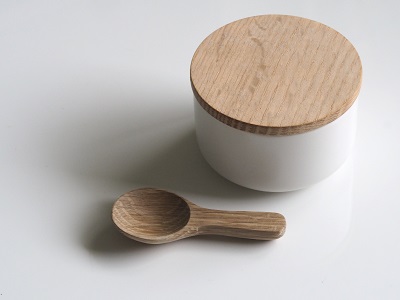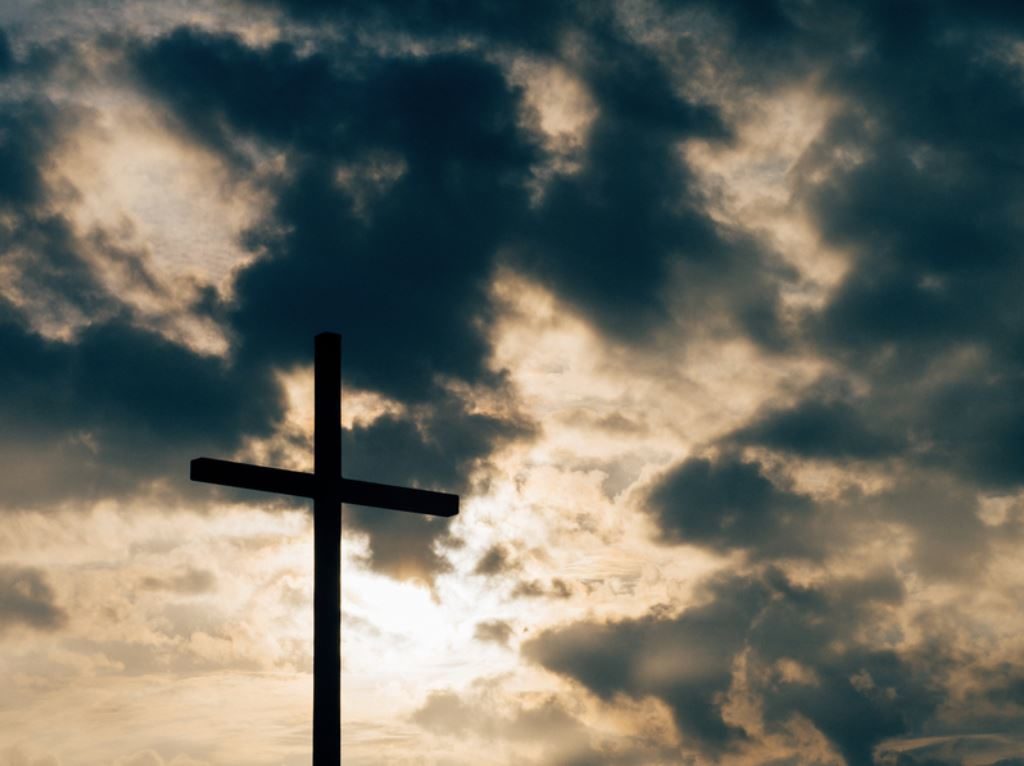Devotional from the Beyond Suffering Bible
“One day the widow of a member of the group of prophets came to Elisha and cried out, ‘My husband who served you is dead, and you know how he feared the Lord. But now a creditor has come, threatening to take my two sons as slaves.”What can I do to help you?’ Elisha asked. ‘Tell me, what do you have in the house?”Nothing at all, except a flask of olive oil,’ she replied. And Elisha said, ‘Borrow as many empty jars as you can from your friends and neighbors. Then go into your house with your sons and shut the door behind you. Pour olive oil from your flask into the jars, setting each one aside when it is filled.’ So she did as she was told. Her sons kept bringing jars to her, and she filled one after another. Soon every container was full to the brim! ‘Bring me another jar,’ she said to one of her sons. ‘There aren’t any more!’ he told her. And then the olive oil stopped flowing. When she told the man of God what had happened, he said to her, ‘Now sell the olive oil and pay your debts, and you and your sons can live on what is left over.’” 2 Kings 4:1-7, NLT

In life, we manage changing circumstances, losses, pressures, and ambitions that make us vulnerable. Our bodies are susceptible to disease, abuse, and accidents. Our minds regularly cope with a wide range of emotions such as confusion, fear, anger, and trust. All of these can increase our sense of vulnerability in ways that can affect the rest of our lives.
A father of a young daughter with Down syndrome fears that she will grow up in a harsh and violent world. While he can’t be with her every minute, he longs to protect her so she can become the sociable, funny, loving woman of faith that God created her to be.

In the story recounted in 2 Kings 4:1‑7, a husband’s death brought economic hardship, poverty, and suffering to his wife. She became vulnerable to creditors, and if she failed to pay, her two sons would be taken as slaves (4:1). There was no governmental assistance, insurance policy, or benefit system to save them.
She sought out the prophet Elijah, who offered help. He began by asking what she had in the house. He concentrated on what she had, not on what she lacked. She had nothing except a flask of olive oil (4:2). Next, he involved the close community around her by instructing her to borrow as many jars as possible from her neighbors (4:3). She filled the jars to the brim until there were no more jars left, and the oil stopped flowing (4:5‑6). Then Elisha told her to sell the oil, pay off the debts, and live on what was left over.

What God did for this widow happens often in the lives of his followers. When we’re stressed and filled with anxiety, God’s Word offers practical guidance. His miracles frequently make use of the resources we have right in front of us. Be careful not to miss the miraculous in the middle of the ordinary!















Recent Comments